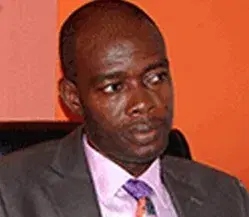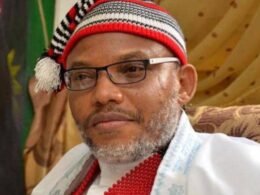The fall of Mudashiru Obasa, the former Speaker of the Lagos State House of Assembly, is a significant political event in Nigeria, reflecting both personal and systemic dynamics in the country’s political landscape. His impeachment, marked by accusations of misconduct and authoritarian leadership, highlights the delicate balance of power, loyalty, and ambition in Nigerian politics.
Obasa’s apparent sense of entitlement and disrespect for key figures, particularly Governor Babajide Sanwo-Olu, seemed to have led to his downfall. His political indiscretions and disrespect for party leadership could not withstand the forces within the Assembly, and his ousting seems to be a result of his own overreach.
While the action taken by the Assembly members was within their rights, it also exposes the deeper issues within Nigerian politics, such as the frequent disregard for ethical standards, especially in terms of qualifications and financial conduct. The revelation of potential financial misconduct and questions surrounding Obasa’s academic credentials further underline the systemic challenges within Nigerian political institutions.
His removal also raises broader questions about the culture of impunity that often prevails in Nigerian politics, where political office holders are sometimes able to wield significant power despite lacking the necessary qualifications or ethical standards. It brings into focus the importance of accountability and transparency in public office, and the need for stronger institutions that can hold leaders to a higher standard.
Obasa’s case serves as a reminder of the need for ongoing reform in Nigeria, not only in terms of leadership but also in terms of establishing checks and balances that can prevent corruption and mismanagement in the future.









